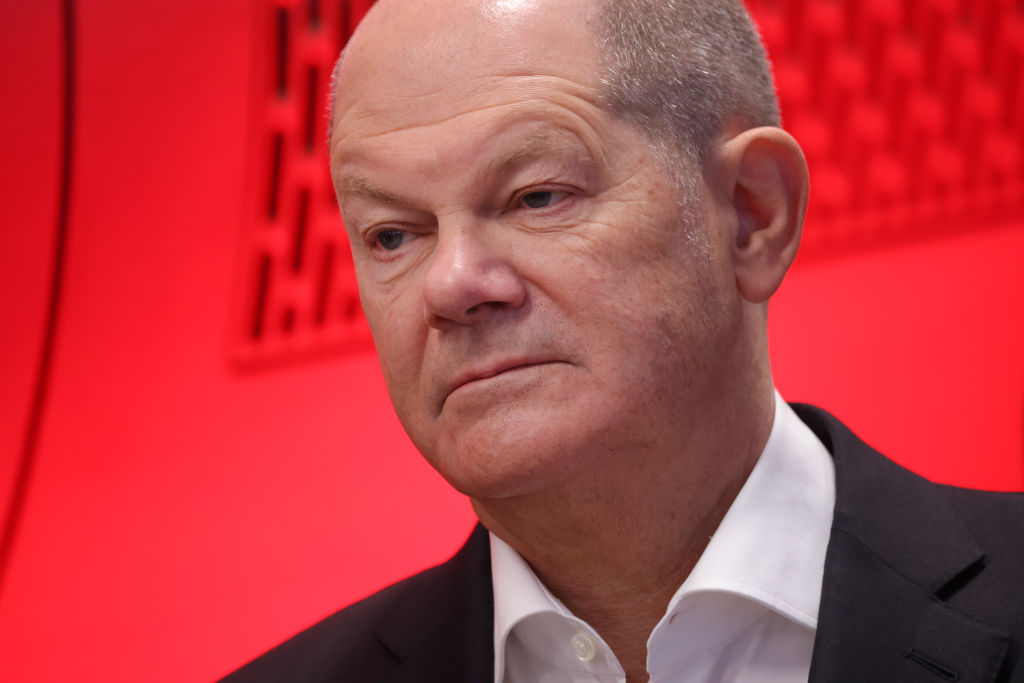Germany’s interior minister Nancy Faeser has demanded anyone supporting the farmer protests cease doing so, saying the movement was “poisoning” political discourse by pandering to “extremists”.
Faesar pointed to a recent farmers’ demonstration in Baden-Württemberg, held to oppose a Green party event, which resulted in the Green event being abandoned.
Speaking in the wake of the demonstration, Faeser accused the farmers of engaging in “violence” and “aggression”, insisting the demonstration had nothing to do with “democratic disputes”.
The interior minister — who this week launched government plans aimed at “smashing” the country’s growing political right — said those voicing support for recent disruptive anti-government protests were playing into the hands of populists.
“Anyone who verbally panders to radicals only strengthens the radicals that we have to fight together from the political centre,” she told the RND network — partly owned by Faeser’s own Sozialdemokratische Partei (SPD).
She took particular aim at Markus Söder, Baravia’s Christian Democrat PM, who recently compared Germany’s environment minister Steffi Lemke to notorious East German politician Margot Honecker.
“Comparing the Federal Environment Minister with Margot Honecker is poison for a political culture of respect that we urgently need,” she said.
Germany’s Antifa-linked interior minister Nancy Faeser has announced plans to have one of her political rivals fired from his position as a teacher. https://t.co/b5NMYF79SO
— Brussels Signal (@brusselssignal) August 18, 2023
The minister’s comments came after she launched a multi-point political programme to disrupt the operations of the country’s right wing.
Advertised as a way of “smashing right-wing extremist networks”, the project will involve tightening online censorship, banning certain organisations from receiving funds through Germany’s banking system, and preventing so-called “extremists” from either entering or leaving Germany “as much as possible”.
“We want to destroy right-wing extremist networks, deprive them of their income and take away their weapons,” Faeser declared, insisting that the new restrictions were necessary to “protect democracy”.
“It is about defending our open society against its enemies. We must do everything we can to prevent this inhumane ideology from further eating into our society.”
Faeser’s strong opposition to the country’s political right is a well-known feature of German politics.
For her part, the interior minister became embroiled in controversy after it was discovered she penned a guest article for a far-left magazine in the country which discussed combatting the growing far-right.
Titled “Antifa”, the magazine is published by the Association of those Persecuted by the Nazi Regime – Association of Antifascists (VVN-BdA).
That organisation in turn was described as Germany’s “largest left-wing extremist-influenced organisation in the field of anti-fascism”, by the state-operated Bavarian Office for the Protection of the Constitution.
Fewer than half of Germans support a nationwide ban on the populist Alternative für Deutschland (AfD) party over allegations it is “extremist”, a new poll has shown. https://t.co/BUpUpfYu4f
— Brussels Signal (@brusselssignal) January 12, 2024





